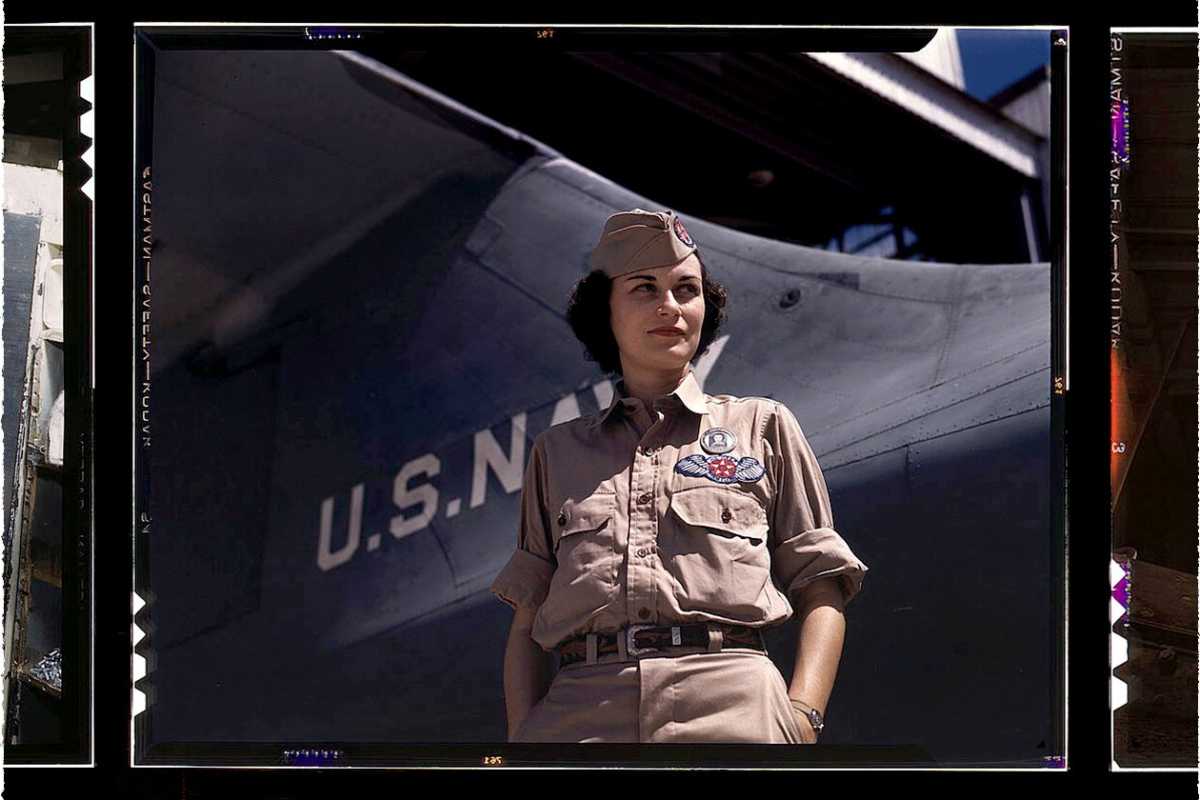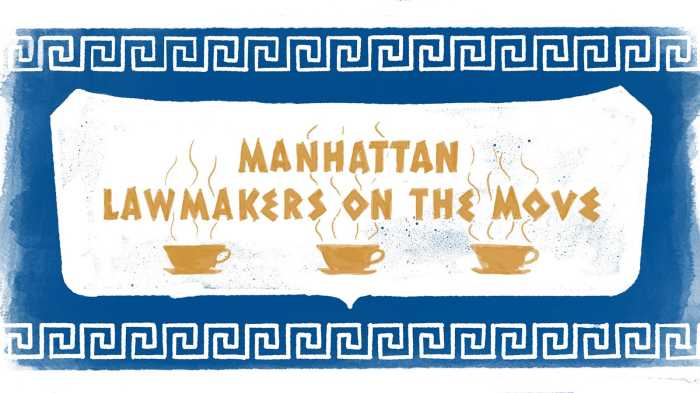American girls and women need not wait much longer to see a Smithsonian museum telling their story on Washington, D.C.’s National Mall.
Congress passed the pandemic relief omnibus bill for fiscal year 2021 last week. It includes H.R. 1980, the Smithsonian Women’s History Museum Act, ensuring the establishment of a branch of the world’s largest museum and research complex dedicated to telling the history of women in the United States.

U.S. Rep. Carolyn Maloney (D-Manhattan, Brooklyn, Queens), the act’s chief House sponsor, has advocated for such a museum for “about twenty years.” After a sixteen-year effort to pass a commission studying American women’s history, the commission reported that an additional women’s Smithsonian branch was “long overdue.”
“We have museums for textiles. We have them for stamps. We have them for law and order, but not half the population,” Maloney noted.
Though it takes two years to ultimately decide, she hopes that the women’s museum’s location will be exactly where the commission recommended: “at the tip of the mall across from the African American museum, going to the park that leads up to the Washington Monument.”
“That’s the site that we want, and we have to work very hard for that site,” said Maloney, noting pushback to the project from Republican colleagues and the Parks Department.
While the building’s design and its exhibits are still under consideration, spokespeople from the Smithsonian assured this reporter that the development of the women’s museum and the Latino history museum that passed alongside it are in good hands.
“We are reviewing the legislation carefully. The Smithsonian has unparalleled experience building national museums, and is already doing significant work to tell the stories of American women and Latinos,” they said.
“We look forward to building two world-class museums to further amplify these stories and help our country learn more about the impact that women and Latinos have had on the fabric of our nation.”
Maloney also noted the symbolism of her bill’s passage towards the conclusion of 2020.
”I would say creating this national women’s museum is as much about our future as it is about our past,” she said. “I think it’s fitting that we passed this bill in a year that we are commemorating the centennial of the Nineteenth Amendment that gave women the right to vote and elected our first woman vice president, and I’m so thrilled about it.”







